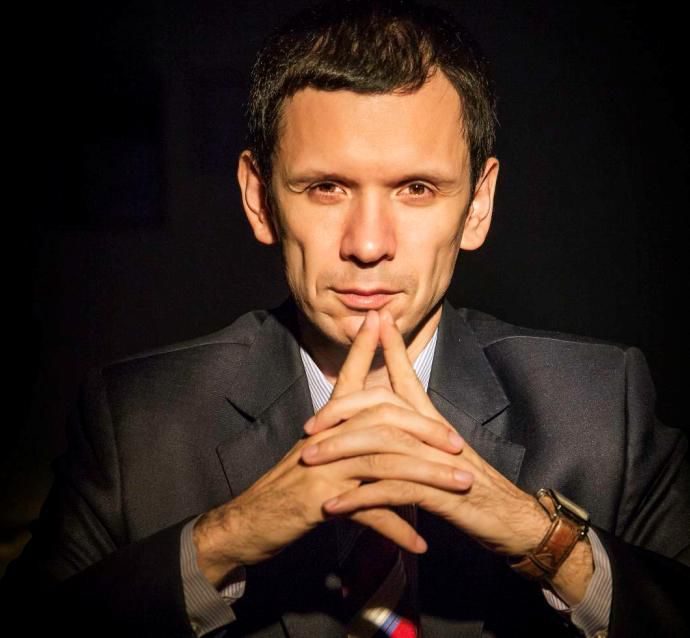Dubai: Start-ups in the Arab world need to take advantage of the benefits of their innovation by filing for patents and protecting their intellectual property (IP) rights, industry experts said.
“Due to the long waiting period for patent protection, apart from the high cost and complicated procedures, entrepreneurs are not interested in filing for patents,” Sandjar Muminov, international IP expert at Dubai Copyright Office, told Gulf News.
Natalie Sleimanis, Head of She Loves Tech UAE, a global initiative for women, said that the Arab world’s contribution, according to World Intellectual Property Organisation, is less than one per cent.
The number of patent applications filed in 2017 stood at 3.17 million, registering a growth of 5.8 per cent compared to 2016 figures.
Sleimanis said that the Middle East still ranks the lowest in R&D budgets despite the Arab world going through promising business acceleration.
According to statistics, the UAE’s R&D spending is just 0.7 per cent of GDP and Saudi Arabia is 0.8 per cent of the GDP.
Muminov said that a patent is one of the 1,000 types of IP and the standard time for patent registration is between one and two years.
There are different types of patents protection available in the UAE and the GCC, he said and added that hardware can be registered as a patent and copyright but software, only as copyright.
Muminov said that the cost for registering a patent is between Dh30,000 and Dh50,000 but copyright can be twice as cheap.
The patent is issued by the Ministry of Economy and copyright by international copyright offices.
He said while a patent has to be renewed every year, copyright needs to be renewed only once.
For digital innovation, Muminov said that a company can register its IP product only in 15 days for worldwide recognition while some IP protection can be done free of cost.
“Lot of companies cannot properly choose the most appropriate legal form. About 98 per cent of all businesses now, after IP registration, transfer the IP rights to their company name. If the company folds, you can lose all the rights,” he said.
For example, he said the main digital assets of Facebook are registered on a physical person and this person provides license agreement to the company.
“Understanding the IP strategy properly will help the entrepreneurs to provide the protection in a proper way and cheaper. Entrepreneurs can capitalise on an IP and receive bank loans by using it as a mortgage,” he said.
However, he said that start-ups are investing in patents as investors provide the investment.
“Even though they have a patent registration, the biggest problem is that start-ups and accountants do not know how to include it in the financial statement and the different types of IPs available and secondly, they don’t know what to do after getting the certificate,” he said.

